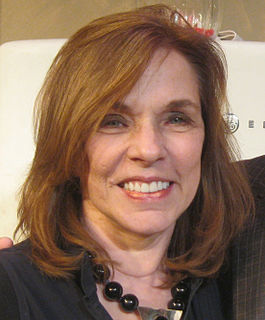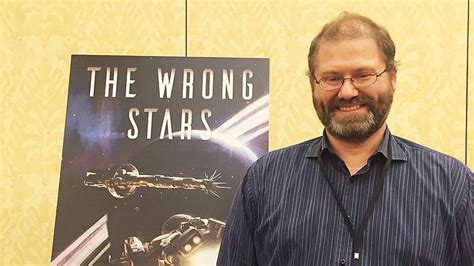A Quote by Richard Conniff
As an editor, I must often tell writers that their stories "do not fit our present needs." But there are times when I want to reply: "Sir, I would not trust you to write a ransom note."
Related Quotes
Trust perfected is prayer perfected. Trust looks to receive the thing asked for and gets it. Trust is not a belief that God can bless or that He will bless, but that He does bless, here and now. Trust always operates in the present tense. Hope looks toward the future. Trust looks to the present. Hope expects. Trust possesses. Trust receives what prayer acquires. So, what prayer needs, at all times, is abiding and abundant trust.
We have to hear the stories of women at all ages of their lives in order to really present a picture of what it felt like to be alive in our time. That's what our job is as writers is to present that and create it. Our job as writers isn't to make as much money as we can. Our job is to create a record of this time. That's why if you leave out women and the stories of women, we failed at our mission. All of us. Men and women.
About a year after (my stories began being published), magazine editor George Scithers, suggested to me that since I was so new at being published, I must be very close to what I had to learn to move from fooling around with writing to actually producing professional stories. There are a lot of aspiring writers out there who would like to know just that. Write that book.SFWW-I is that book. It's the book I was looking for when I first started writing fiction.
Writers often have a 'drunk' that is different than anyone else's. That's why it's so insidious and so damning. First of all, because they can write when they're drinking - or they think they can. A lot of writers will tell me - and this is the latest one I've heard - you drink while you're thinking about what to write, but when you actually write, you sober up.
Each of us is comprised of stories, stories not only about ourselves but stories about ancestors we never knew and people we've never met. We have stories we love to tell and stories we have never told anyone. The extent to which others know us is determined by the stories we choose to share. We extend a deep trust to someone when we say, "I'm going to tell you something I've never told anyone." Sharing stories creates trust because through stories we come to a recognition of how much we have in common.
I tell aspiring writers that you have to find what you must write. When you find it, you will know, because the subject matter won’t let you go. It’s not enough to write simply because you think it would be neat to be published. You have to be compelled to write. If you’re not, nothing else that you do matters.
All writers write about themselves, just as the old storytellers chose to tell stories that spoke to and about themselves. They call it the world, but it is themselves they portray. The world of which they write is like a mirror that reflects the inside of their hearts, often more truly than they know.





































